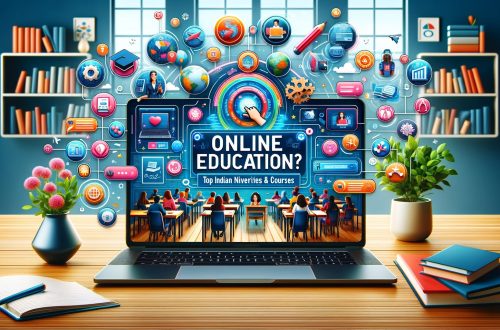Education has always been the cornerstone of human development, shaping societies, fostering innovation, and bridging the gap between potential and achievement. Historically, education has evolved from rudimentary oral traditions to complex systems of formal instruction. Today, as we stand at the cusp of a new era, the landscape of education is undergoing a profound transformation, driven by technological advancements, pedagogical shifts, and evolving societal needs https://uwezouganda.org/.
The Historical Tapestry of Education
In ancient civilizations, education was predominantly a privilege of the elite, with knowledge often confined to religious and philosophical teachings. The Greeks laid early foundations with the Socratic method, encouraging critical thinking through dialogue. Meanwhile, the Chinese developed rigorous examination systems that influenced educational practices for centuries.
The Middle Ages saw the rise of formal institutions like universities in Europe, which initially served clerical and noble classes. The Renaissance era heralded a shift towards humanism, emphasizing a broader curriculum that included arts and sciences. As we moved into the Enlightenment, education began to emerge as a tool for personal and societal progress, with figures like Jean-Jacques Rousseau advocating for a more child-centered approach.
The Industrial Revolution: A Paradigm Shift
The Industrial Revolution marked a turning point in education. As economies transitioned from agrarian to industrial, there was a growing need for a literate and skilled workforce. The establishment of public schooling systems became widespread, with an emphasis on standardized curricula designed to equip individuals with basic skills for industrial society.
Compulsory education laws were enacted in many countries, and educational reformers like Horace Mann in the United States championed the cause of public education as a means of promoting equality and social mobility. This period also saw the advent of vocational training, aimed at preparing students for specific trades and professions.
The Digital Age: Redefining Learning
The late 20th and early 21st centuries introduced a seismic shift in education with the advent of digital technology. The rise of the internet revolutionized access to information, transforming traditional teaching methods. E-learning platforms, online courses, and digital resources have democratized education, allowing learners from diverse backgrounds to access high-quality content and instruction.
Moreover, technology has enabled personalized learning experiences through adaptive learning systems that cater to individual needs and learning styles. Artificial intelligence, data analytics, and virtual reality are beginning to play significant roles in creating immersive and interactive learning environments.
The Modern Classroom: A New Paradigm
The modern educational landscape is characterized by an emphasis on skills and competencies rather than rote memorization. Educational philosophies are increasingly focusing on fostering critical thinking, creativity, and emotional intelligence. Project-based learning, collaborative activities, and experiential learning are becoming integral to curricula, encouraging students to engage deeply with content and apply their knowledge in real-world contexts.
In parallel, there is a growing recognition of the importance of mental health and well-being in education. Schools and educational institutions are adopting more holistic approaches, integrating support systems for mental health and emotional resilience alongside academic learning.
Globalization and Education: Bridging Cultures
Globalization has further expanded the scope of education, fostering cross-cultural exchange and collaboration. Educational institutions are increasingly embracing international perspectives, preparing students to thrive in a globalized world. Programs that promote intercultural competence, language acquisition, and global awareness are becoming more prevalent, reflecting the interconnected nature of contemporary societies.
Future Trends: Looking Ahead
As we look to the future, several trends are likely to shape the evolution of education. Lifelong learning will become increasingly important as the pace of technological change accelerates and job markets evolve. The integration of emerging technologies like augmented reality, blockchain, and advanced AI will continue to transform how knowledge is delivered and assessed.
Furthermore, the focus on sustainability and social responsibility is expected to drive educational priorities, with curricula incorporating themes related to environmental stewardship, ethical leadership, and global citizenship.





